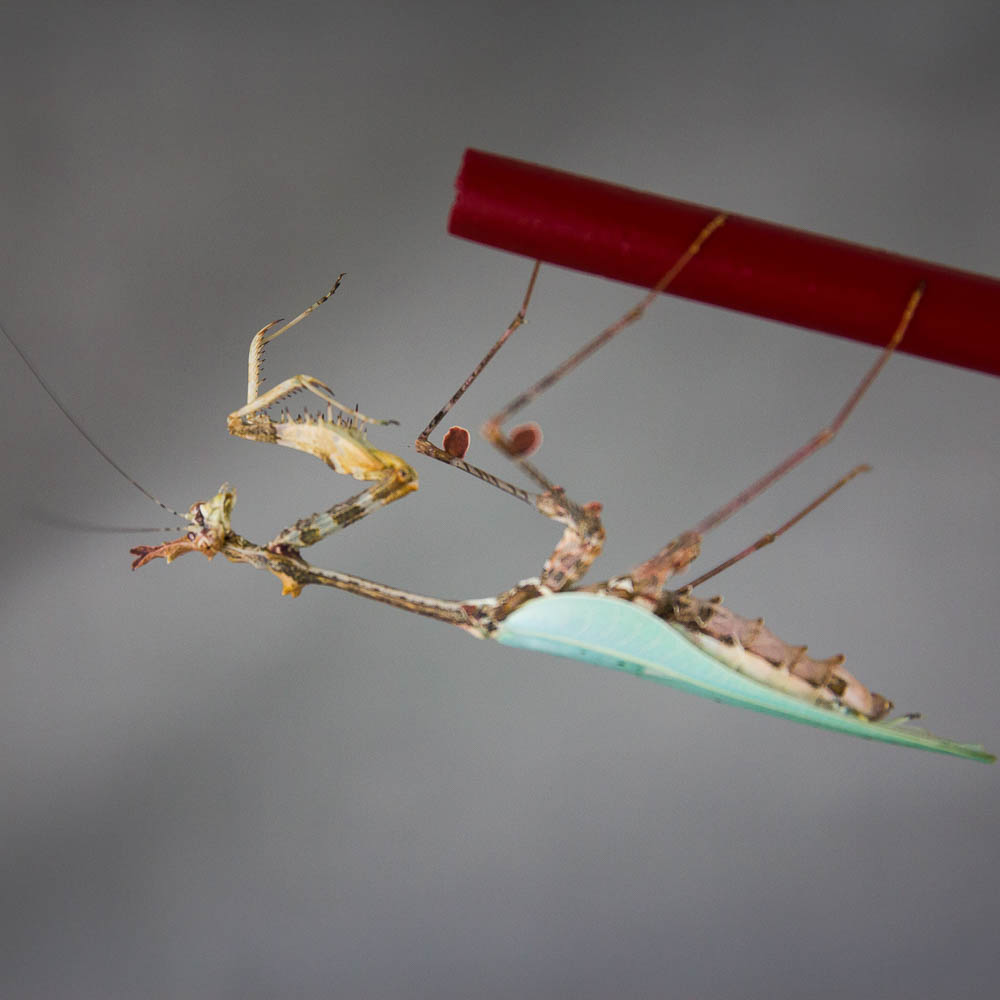
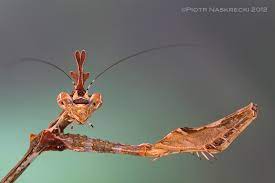
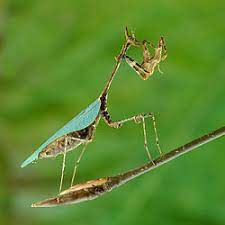
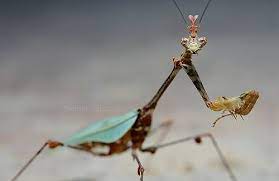
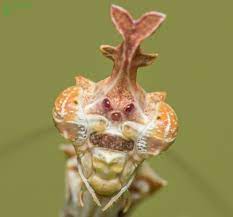
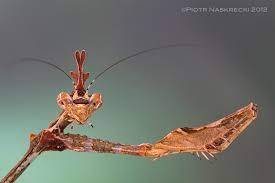
Sold out
New
Cryptic-Mantis Sibylla pretiosa
$40.00 - $70.00
Housing
The Cryptic Mantis (Sibylla pretiosa) should be kept in an enclosure that is at least 3 times as tall as the mantis is long, and at least 2 times as wide as the mantis is long. Luckily, Cryptics are a fairly small species, so it is easy to find a suitable enclosure. Adult females are a little over 2 inches long, while adult males are a little under 2 inches long. The cage must have adequate ventilation, and some kind of material on the ceiling of the enclosure which will allow the mantis to hang upside down during molting, as well as an empty space at the top which is at least 2 times the size of the mantis. They can be kept in glass or mesh cages. However, if you chose to keep them in enclosures with glass or clear plastic sides, a mesh or screen top from which they can easily hang upside down is necessary.
As long as regular food is offered, these mantises can be housed in groups, as the risk of cannibalism for this particular species of mantis is very low. However, as with any other species of mantis, it is still possible. Also, as an extra precaution, the tank should include plenty of sticks and plants (fake or real) to give them plenty of space to spread out, and places to perch.
Temperature & Humidity
Cryptic mantises can tolerate a fair range when it comes to temperature and humidity, although they prefer it on the warmer side. They should do well being kept anywhere between 75°F and 85°F. Ideally, humidity should stay in the range of 50% to 70% relative humidity (RH).
The enclosure should be given a light misting at least once a day so they can drink. When kept in mesh cages, we mist their enclosures twice a day. Most mantises do not like getting sprayed directly, so it is best to try and spray around the mantis, but if you get them a little wet by accident, it is usually no big deal. Use spring water, distilled water, or water filtered by reverse osmosis (RO), but do not use plain tap water.
Feeding
Cryptic mantises prefer flying insects throughout their entire lifecycle.
- L1 through L3 nymphs: Should be fed D. melanogaster fruit flies.
- L4 and L5 nymphs: Should be fed D. hydei fruit flies.
- L6 nymph to adult: Should be fed house flies as a staple. They will eat blue bottle flies if that is all that is available, but they prefer smaller pray such as house flies or small moths.
These mantises are rather light eaters, compared to other species we have raised. Often they will leave food flying around in their cage for days before they finally decide to eat it. It is best to feed them small amounts often, instead of large amounts less frequently, as they can get stressed when extra food is flying around their enclosures uneaten. Prey items should not be particularly bulky or strong, as the Cryptic's arms are too weak to properly catch very large prey insects.






